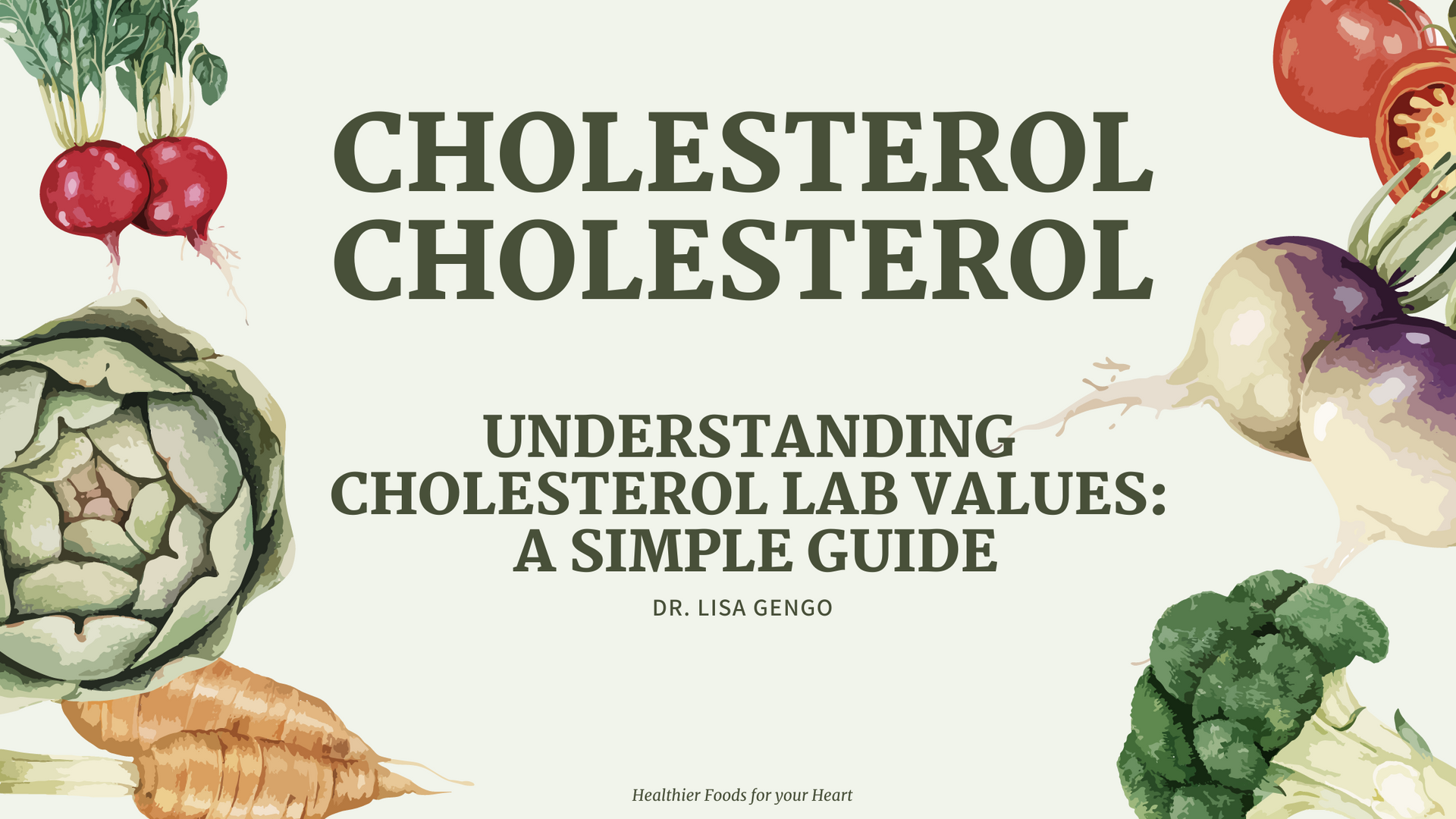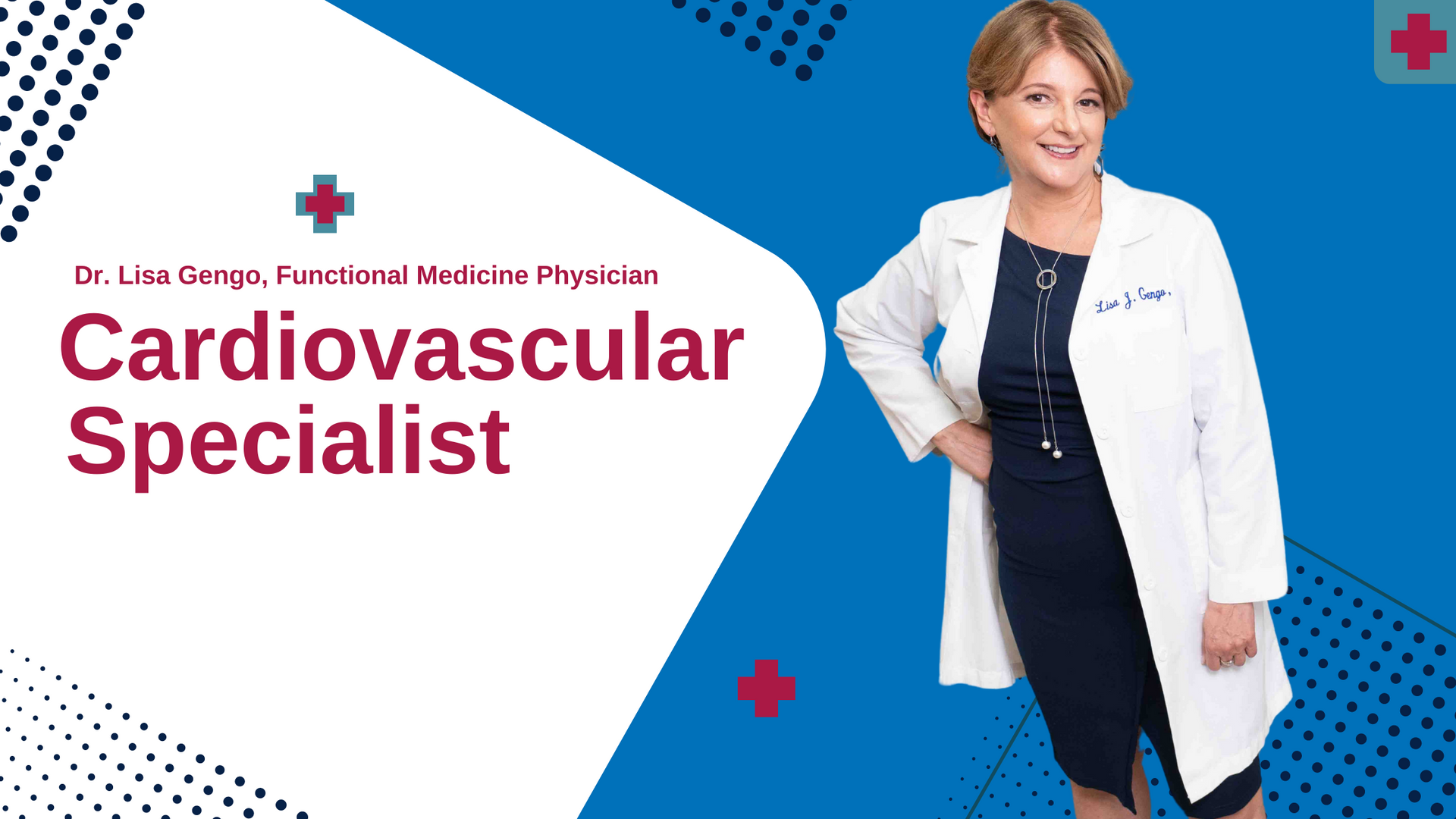Fasting and Furious
In a world where our schedules are busier than ever, it's no wonder many of us struggle with finding the right time to fast. "Breakfast is the most important meal of the day," they say, but is it really?
What about dinner? Is there an optimal time to break our fast, and when should we conclude our last meal of the day? In this blog post, we'll delve into the fascinating world of fasting and explore the science behind timing your meals for maximum benefits. But, if you've been fasting diligently and are feeling furious about not losing weight or you're hitting a plateau, don't worry – we've got you covered. Fasting and Furious.
The Breakfast Dilemma
For years, we've been bombarded with the notion that breakfast should be the cornerstone of our daily diet. However, recent research suggests that the timing of your first meal is more flexible
than you think. Intermittent fasting doesn't necessarily require a strict 16-hour fasting window. Instead, it's about understanding your body's needs and finding a schedule that works for you.
Dinner by 7:30 PM: The Golden Rule
One golden rule that many experts agree on is finishing dinner by 7:30 PM. This timing aligns with our body's natural circadian rhythm, allowing it to prepare for rest and rejuvenation. Late-night dinners can disrupt sleep and digestion, potentially sabotaging your fasting goals. So, to make the most of your intermittent fasting routine, make 7:30 PM your dinner curfew. Fasting and Furious
Stress and Cortisol: The Fat-Holding Culprits
Another crucial factor to consider when fasting is stress.
When we're stressed, our bodies release cortisol, a hormone that can actually cause us to hold onto fat. So, even if you're fasting diligently, high stress levels might hinder your progress. We'll discuss practical strategies to manage stress and make your fasting efforts more effective.
Breaking Through the Plateau
Now, let's address the elephant in the room. You've been giving it your all with intermittent fasting, but the scale won't budge, and your frustration is mounting. Don't fret; plateaus are a common hurdle in weight loss. We'll explore strategies to help you break through that plateau, and continue making progress, and we'll also help you find your fasting sweet spot
Finding Your Intermittent Fasting Sweet Spot
Finding your intermittent fasting sweet spot is a journey of self-discovery that considers your unique body, preferences, and goals. Here's a step-by-step guide on how to find the fasting approach that suits you best:
1. Know Your Goals
Begin by clarifying your objectives. Are you fasting for weight loss, improved energy, mental clarity, or other health benefits? Knowing your goals will help you choose the right fasting method to achieve them.
2. Listen to Your Body
Pay attention to your body's signals. If you're feeling excessively hungry or tired during a fasting period, there may be better methods for you. Adjust the duration or timing to better align with your body's needs.
3. Experiment
Feel free to experiment with different fasting schedules. Start with a method that seems manageable; over time, you can tweak it to suit your lifestyle better. Keep a journal to track your progress, including how you feel physically and mentally.
4. Consider Your Lifestyle
Your daily routine and commitments play a significant role in finding the sweet spot. Choose a fasting schedule that aligns with your work, social life, and family obligations. Flexibility is key to long-term success.
5. Seek Professional Guidance
If you have underlying health conditions or concerns, it's advisable to consult a healthcare professional or a registered dietitian before embarking on any fasting regimen. They can provide personalized guidance and ensure your safety.
6. Be Patient
Remember that finding the perfect fasting routine may take time. Be patient with yourself and allow room for adjustments. What works for someone else may not work for you, and that's perfectly okay.
7. Monitor progress
Continuously monitor your progress, both in terms of your fasting goals and overall well-being. Look for signs of improvement in weight, energy levels, mental clarity, and other health markers.
8. Adapt and Evolve
As your body changes and your goals evolve, be willing to adapt your fasting plan accordingly. The fasting sweet spot may shift over time, so stay open to modifications.
Fasting doesn't have to be a daunting or rigid endeavor. Understanding the importance of timing your meals, particularly by finishing dinner early and managing stress levels, can make fasting work for you. And if you've hit a plateau, remember it's just a temporary roadblock. With the right strategies and determination, you can overcome it and continue your journey to a healthier you. So, join us on this journey to master the art of fasting and unlock its incredible benefits. Say goodbye to mealtime stress and hello to a healthier, more balanced approach to eating. Get ready to become "Fasting and Delighted" in the best way possible! Fasting and Furious
Curious to Learn More? Check out our blog post on
Sugar Cookie Recipe: Slow Down the Sugar Spike.
Dr. Lisa Gengo specializes in tackling the fundamental triggers of gut disorders and heart health challenges like hypertension, weight resistance, and thyroid issues and provides expert nutritional guidance. These issues often play pivotal roles in the development of weight gain, sleep disorders, and a range of intricate medical concerns. Explore further by clicking here to learn more about her expertise and approach to holistic well-being—Dr. Lisa Gengo's Functional Medicine Practice.











